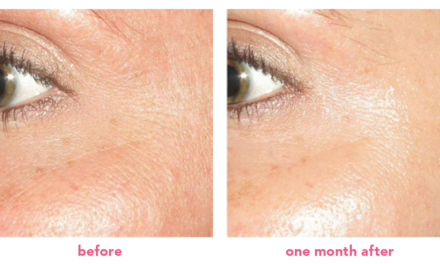The holiday season and end of the year can be joyful and hectic in equal measure. Here are a few tips to help keep you from getting overwhelmed through the new year and beyond.
Try a breathing exercise
Bring new meaning to “taking a breather” by maximizing the stress-reducing capacity of breath control.
First, try to focus on breathing from your diaphragm, inflating your abdomen instead of your chest and shoulders to calm your fight or flight response.
Next, count to seven on each inhale and exhale, extend your exhale even longer if you can, then extend the inhale to match
Once your breath is slow and even, try pausing between exhales and inhales for an even more calming effect.
Take a walk to decompress
Weather permitting, consider taking a walk outside. Lack of sun exposure during the winter months makes this even more critical for boosting your mood and vitamin D. Like any exercise, walking can help balance your mood. Unlike a full workout, taking a walk won’t require a long commitment, shower, or change of clothes.
Practice gratitude meditation
If you have a little time and want to build on the breathing exercise above, try a quick gratitude meditation. Practice the exercise as described, then, once you feel calm, consider something or someone you feel deeply grateful for and focus on the feeling that evokes. Continue to breathe into that feeling for a few moments until you’re ready to go back to your day.
Plan for alone time
The holidays might mean you’re surrounded by family and friends, and you may get less “you” time than normal. If you know this is something that affects your stress levels, make it a point to schedule time for relaxing by yourself, with a pet, or with just one other person.
Understand your stressors
With the rise of health-monitoring technology like smartwatches, it’s easier than ever to keep tabs on what stresses you. Take advantage of these monitoring tools if you have access to them, and if not, try journaling or taking note of what makes you more wound-up. Knowing what emotionally taxes you allows you to put a plan of action in place for when those situations arise.
Get help if you need it
If stress or anxiety significantly impedes your daily life, it may be time to seek professional help. Besides traditional talk therapy and medication, neurofeedback is an option that has been shown to significantly improve anxiety, depression, and more by conditioning the brain to perform at its best.
Dr. Dale Foster and Lee Ann Foster, M.S. perform neurofeedback and other wellness optimization services at Neurosource. To learn more, visit Neurosource.net or call 901.624.0100 to schedule a free phone consultation.







